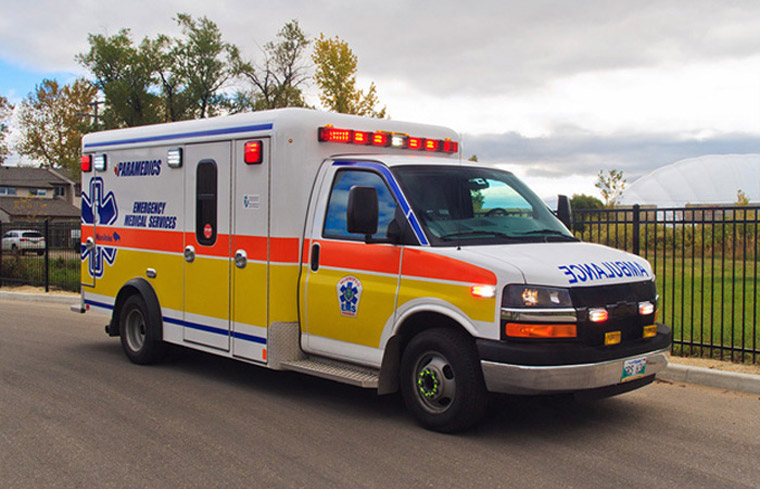The Manitoba government is helping rural municipalities recruit emergency medical responders (EMRs) through a new bursary program and in-community training programs to support rural emergency response services.
“We’ve heard loud and clear from local municipalities that they rely on EMRs to deliver front-line emergency services and keep people in the communities, but we know the previous government’s changes to training costs and required hours were getting in the way of recruiting EMRs and filling those critical gaps,” said Premier Wab Kinew. “Our government is stepping in to help, by making it easier to train, recruit and retain the emergency responders municipalities are counting on.”
The Manitoba government will make EMR training more accessible and affordable with a new $5,000 bursary for students who complete the program training. Graduates who receive the bursary will enter a one-year return-of-service-agreement once hired to ensure local emergency services are staffed and encourage them to put down roots and build a career in rural Manitoba.
“This initiative will help local municipalities recruit emergency medical responders and it will start to reverse the damage done by the previous government which dissuaded people from pursuing a career in emergency medicine, especially in rural communities,” said Health, Seniors and Long-Term Care Minister Uzoma Asagwara. “We’re offering financial help to make enrolling in a course more appealing and we’re putting trainees in rural municipalities, where they can get hands on experience on real-world emergency calls and fall in love with rural Manitoba.”
In addition, the Manitoba government is committed to working with allied health leadership to support EMRs who want to upgrade their skills to become primary care paramedics and to help recruit and retain more paramedics provincewide, the minister noted.
The Manitoba government has also partnered with CritiCare Paramedic Academy to offer in-community EMR training, allowing students can fulfil course requirements while supporting the health-care system and supplementing emergency services in rural Manitoba. This year students will train in Arborg.
In 2022, new EMR requirements were introduced to increase training hours to 320 from 120 hours. New annual registration and insurance fees also placed an additional burden on EMRs and volunteer paramedics, which many municipalities tried to cover. Municipal leaders have warned these changes dissuade people from training as EMRs and make it harder to staff local emergency services, and called for action from the previous provincial government, the minister noted.
By fall 2026, approximately 50 to 60 EMRs are expected to graduate, complete the Canadian Organization of Paramedic Regulators exam and be eligible for hiring into provincial EMS, the minister added.





